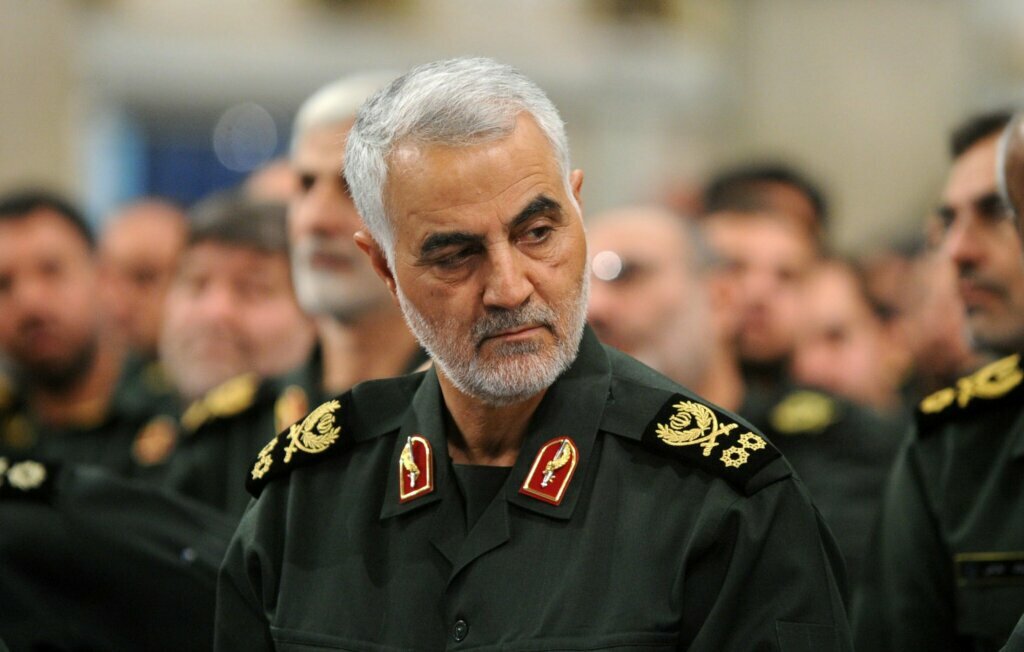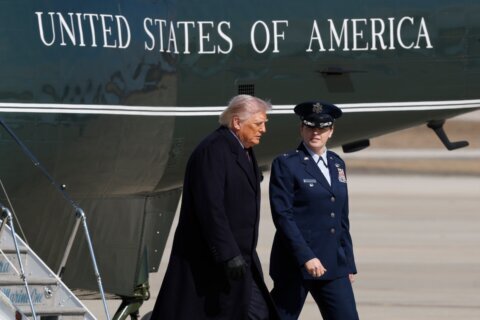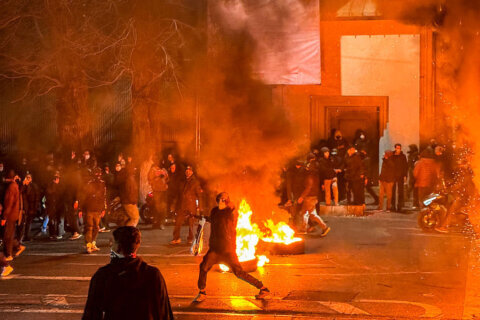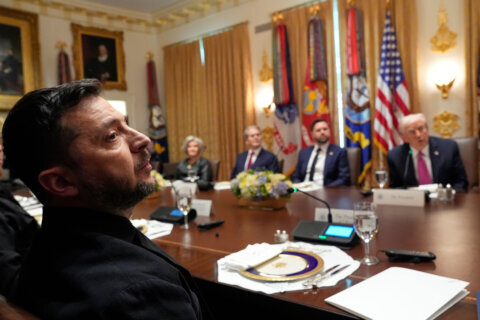
An assassination, which could unleash years of bloody revenge between the U.S. and Iran, happened at Baghdad airport Thursday night.
A U.S. airstrike killed Iran’s General Qassem Soleimani, the head of the Iranian Revolutionary Guard Corps-Quds Force.
Secretary of Defense Mark Esper confirmed it, saying, “At the direction of the president, the U.S. military has taken decisive defensive action to protect U.S. personnel abroad by killing Qassem Soleimani, the head of the Iranian Revolutionary Guard Corps-Quds Force, a U.S.-designated Foreign Terrorist Organization.”
“General Soleimani,” Esper said, “was actively developing plans to attack American diplomats and service members in Iraq and throughout the region. General Soleimani and his Quds Force were responsible for the deaths of hundreds of American and coalition service members and the wounding of thousands more.”
The Pentagon believed Soleimani “had orchestrated attacks on coalition bases in Iraq over the last several months — including the attack on Dec. 27 — culminating in the death and wounding of additional American and Iraqi personnel.”
Soleimani was also blamed for approving the attacks on the U.S. Embassy in Baghdad that took place this week.
The stunning assassination reverberated worldwide, triggering a number of key actions.
Muqtada al-Sadr, leader of the Sadrist movement, an Iranian proxy, announced the reactivation of anti-U. S. “Mahdi Army” to defend Iraq.
Foreign oil companies have evacuated their employees through Basra Airport, while global oil prices took a tumble.
The U.S. and its allies are expecting trouble in the region and beyond.
The U.S. embassy in Baghdad released a statement urging American citizens in Iraq to depart immediately following the airstrike.
“Due to heightened tensions in Iraq and the region, the U.S. Embassy urges American citizens to heed the January 2020 Travel Advisory and depart Iraq immediately. U.S. citizens should depart via airline while possible, and failing that, to other countries via land,” the advisory said.
Britain’s military has increased its security and readiness at bases in the Middle East region.
Jeremy Corbyn, leader of the U.K.’s labor party tweeted:
“The US assassination of Qassem Soleimani is an extremely serious and dangerous escalation of conflict with global significance. The UK government should urge restraint on the part of both Iran and the US, and stand up to the belligerent actions and rhetoric coming from the US.”
Secretary of State Michael R. Pompeo spoke later to UK Foreign Secretary Dominic Raab and, according to a statement, “made clear that the United States remains committed to de-escalation.”
But to trained observers, the greatest concern, retaliation, is likely already in the works.
Fred Burton, a retired State Department Counterterrorism agent, currently Vice President of Intelligence at Stratfor, sees little doubt Iran will seek revenge.
“There is no doubt that we’ll see blowback with the assassination of General Soleimani in my assessment. The Iranians will want vengeance — an eye for an eye.”
Burton said Iran can strike back in a variety of ways, including kidnapping.
“They also have a lot of asymmetrical options to also muster, for example Hezbollah, who mastered the car bomb in the 1980s.”
U.S. law enforcement authorities across the U.S. are on alert for suspicious activity, and officials in New York and Los Angeles say they may raise security profiles as necessary.
Washington — because President Donald Trump, who authorized the strike, resides here — operates a high security regime every day.








